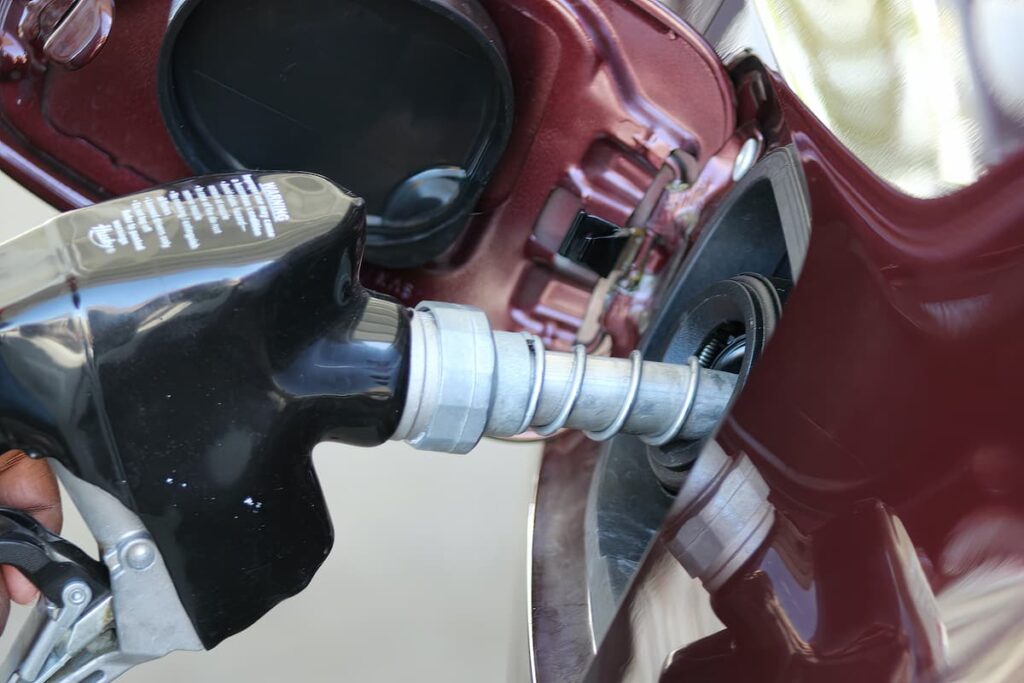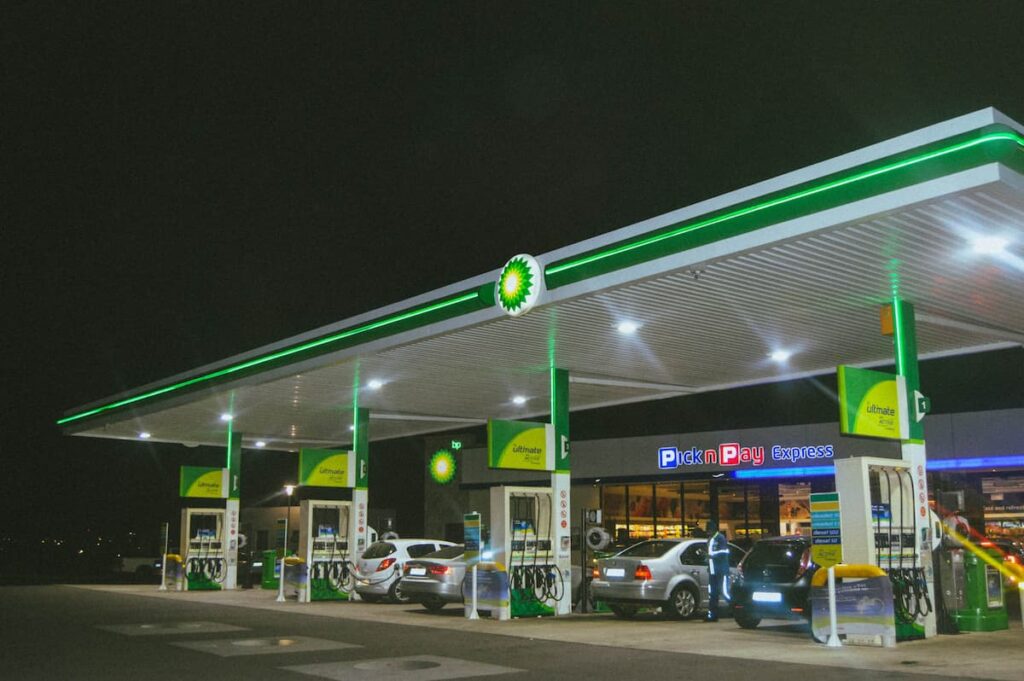When it comes to buying a car, one of the first questions you should ask yourself is about the fuel type—should you go for diesel or gasoline? These days, the question has evolved into an even more complex one: "Should I go with a traditional fuel-powered car or switch to electric?"
With the growing focus on sustainability and environmental responsibility, many automakers are now offering fully electric models. However, despite the push for a greener future, the reality isn’t always so straightforward. For starters, electric vehicles still come with a higher price tag, making them less accessible to some budgets.
Traditional fuel cars—whether diesel or gasoline—remain popular and will continue to be on the road for years to come. But that doesn’t mean choosing between them is any easier. If you're in the market for a new vehicle, it's important to understand the differences between diesel and gasoline engines, as well as their respective advantages and disadvantages.
By the end of this article, we hope you'll have a clearer idea of which option suits your lifestyle best.

Diesel vs. Gasoline: A Complete Comparison
Both diesel and gasoline cars operate using internal combustion engines, but they differ in several key aspects. Understanding these differences can help you make a more informed decision when purchasing a vehicle.
One of the main distinctions is fuel efficiency. Gasoline engines tend to be slightly more efficient in short-distance driving, while diesel engines are better suited for long trips due to their higher torque and fuel economy. This makes diesel a good choice if you drive a lot, especially on highways.
However, if your driving is mostly city-based and consists of shorter commutes, a gasoline car might be more practical. Still, there are other factors to consider beyond just mileage and cost.
Here are six key differences between diesel and gasoline cars:
Read also: 10 Myths about cars: Part 1
1. Power and Performance
Power in both types of engines is measured differently. Diesel engines rely on torque, which gives them strong pulling power, especially at lower RPMs. Gasoline engines, on the other hand, are measured by horsepower, which allows for quicker acceleration and higher top speeds.
This means that diesel cars are often preferred for long-distance driving, while gasoline cars are better for speed and performance.
2. Environmental Impact
Pollution is a major concern for many drivers today. In terms of emissions, gasoline cars generally produce fewer pollutants than diesel cars. This is because gasoline has a lower sulfur content, resulting in cleaner combustion and lower emissions.
3. Durability and Longevity
Diesel engines are typically more durable and built to last longer. Some diesel cars can easily reach over 500,000 kilometers, especially from reputable brands like Toyota or Mercedes. Gasoline engines, while reliable, tend to wear out faster, especially under heavy use.
4. Noise Levels
Diesel engines are known for being noisier than gasoline engines. This is due to the compression ignition process used in diesel engines, which creates more vibration and sound. Gasoline engines, which use spark ignition, are generally quieter and smoother in operation.
5. Price and Purchase Cost
The initial purchase price of a diesel car is usually higher than that of a gasoline car, often by around €5,000 on average. However, diesel cars may offer better long-term value due to their fuel efficiency and durability.

6. Fuel Efficiency
When it comes to fuel efficiency, diesel cars are more efficient over long distances, consuming 15–20% less fuel than gasoline cars. However, gasoline is typically cheaper per liter, which can make it more cost-effective for short trips or city driving.
Diesel or Gasoline: Which One Should You Choose?
Choosing between diesel and gasoline depends on your lifestyle, driving habits, and budget. It’s essential to weigh the pros and cons of each fuel type before making a decision.
Advantages of Petrol (Gasoline)
- Engines tend to last longer;
- Lower fuel consumption in city driving;
- Faster acceleration;
- Higher torque at low RPMs.
Disadvantages of Petrol (Gasoline)
- Higher purchase price;
- More expensive fuel;
- Higher pollution levels;
- Noise and maintenance costs can be higher.
Read also: Turbo: what is and how to protect
Advantages of Diesel
- Longer engine life;
- Better fuel efficiency for long trips;
- Lower maintenance costs;
- Stronger torque for towing and heavy loads.
Disadvantages of Diesel
- Higher upfront cost;
- More expensive fuel;
- Louder and noisier operation;
- Higher emissions compared to gasoline.
There are many factors to consider when deciding between diesel and gasoline. While diesel cars have traditionally been more popular, especially in Europe, the rise of electric and hybrid vehicles is changing the landscape.
Ultimately, the choice comes down to your personal preferences, driving habits, and financial situation. Whether you prioritize fuel efficiency, cost, or performance, there's a right fit for every driver.
The Final Decision: Diesel or Gasoline?
It really depends on your needs. If you drive a lot and prefer long-distance travel, diesel might be the way to go. But if you mainly drive in the city and want a more affordable option, gasoline could be the better choice.
Hitchhiking Tricycle Electric Vehicle
Hitchhiking Tricycle Electric Vehicle,Fully Enclosed Haul Tricycle,Electric Tricycle Two Seats,Durable Electric Tricycle
pingxianglocomotive , https://www.pingxenergy.com
